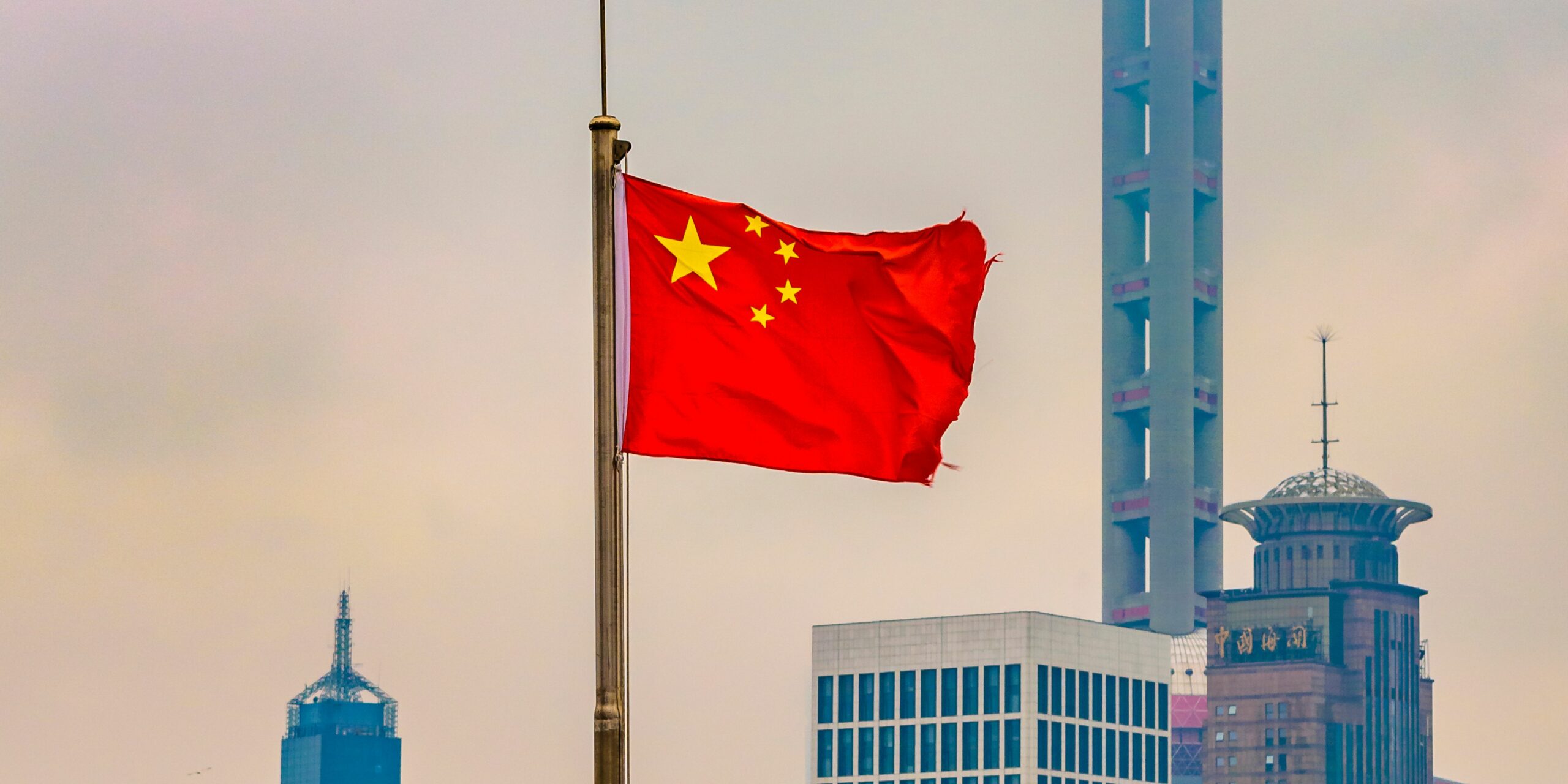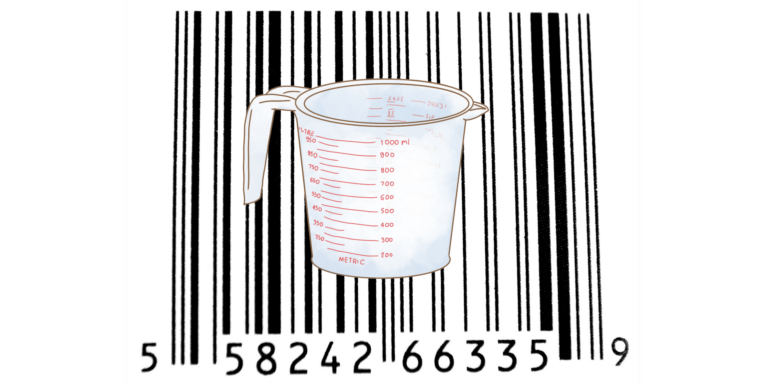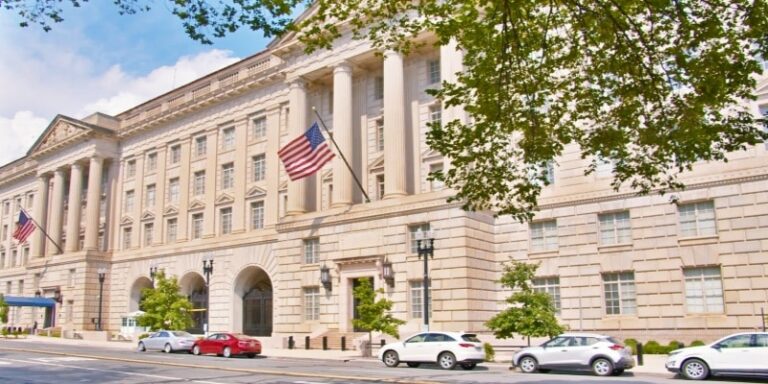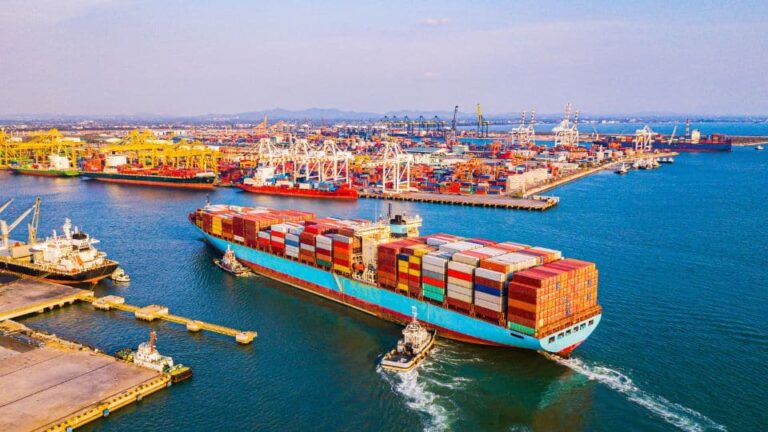UFLPA’s Expanding Reach
By George W. Thompson
In anticipation of the Uyghur Forced Labor Prevention Act, a number of federal agencies issued a joint Xinjiang Supply Chain Business Advisory in July 2021. An Addendum to that advisory was released in September 2023.
The Addendum identifies a wide range of additional products and industries believed to use forced labour or child labor. Much of the information it presents was developed by non-government organizations and other private parties.
Watch as George Thompson, international trade attorney, discusses the Addendum, the products named, and the implications for importers and manufacturers.
Thompson & Associates, PLLC provides representation in all aspects of customs laws and regulations, specializing in export and import regulations and international business counseling. We can be reached at 202-772-2039 or online.
Transcript of “UFLPA’s Expanding Reach”
Hello again. This is George Thompson and today I’m following up on my previous discussions of forced labor enforcement by Customs and Border Protection.
Here’s a brief recap. Section 307 of the Tariff Act provides a longstanding prohibition on merchandise produced with forced or indentured labor. The statute’s scope applies to the direct products of such labor as well as downstream articles incorporating those products. It is enforced by CBP through withhold release orders. These prevent the release from Customs custody of goods the agency believes are covered by the prohibition, subject to the importer proving otherwise.
The more recent Uyghur Forced Labor Prevention Act builds on Section 307 to establish a rebuttable presumption that goods produced in China’s Xinjiang Autonomous Region are made with forced labor and thereby subject to exclusion. It, too, applies to downstream products, whether made in China or another country.
The UFLPA also requires CBP to create a list of companies believed to employ forced labor. Merchandise from such companies is also excluded from entry, regardless of whether it was produced in Xinjiang.
Anticipating the UFLPA’s effective date a couple of years ago, a number of federal agencies issued a joint Xinjiang Supply Chain Business Advisory in July 2021. An Addendum to that advisory was released this past September. Among other points, the Addendum identifies additional products and Chinese industries believed to use forced labor in Xinjiang. Much of the information it presents was developed by non-government organizations and other private parties.
My take on this document is that it foreshadows enhanced CBP focus on these products and industries. If I’m right that there will be greater enforcement scrutiny, then these areas warrant greater compliance attention by importers.
One of the sources cited in the Addendum addressed forced labor in the Chinese automobile industry’s supply chain, stating: “a large and growing share of the processing of raw materials central to automotive manufacturing in the PRC is being undertaken in the repressive environment of Xinjiang” and that “96 mining, processing, or manufacturing companies relevant to the automotive sector [are] operating in [Xinjiang] including at least 38 that have documented engagement in state-sponsored labor transfer programs.”
Additionally, it claimed there are “more than 100 international automotive parts or car manufacturers that have some exposure to forced Uyghur labor made goods.”
If these assertions are even partially accurate, this opens up a huge risk area for U.S. importers.
According to the Addendum, another report identified “cotton, tomato products, pepper products, walnuts, rayon, calcium carbide, polysilicon, wind turbines, and beryllium” as merchandise produced in Xinjiang in significant volume.
In addition, the Addendum references the Labor Department’s most recent identification of Goods Produced with Inputs Produced with Forced Labor or Child Labor. It names polysilicon as a primary input in China, with photovoltaic ingots, photovoltaic wafers, solar cells, and solar modules as the downstream products.
The broader goods at risk are silica-based products, solar generators, and semiconductors.
The Labor Department report further includes cobalt ore from the Democratic Republic of the Congo as a primary product obtained with child labor.
Cobalt ore, in turn, is used in making lithium batteries, which are essential components of electric cars, laptops, cell phones, vacuums, turbine blades, and medical implants.
The Labor report additionally identifies palm fruit from Indonesia for both forced and child labor. The potentially tainted downstream products are palm oil, crude palm kernel oil, refined palm oil, refined palm kernel oil, and oleochemicals. Even if an importer is not concerned with the UFLPA, it should be mindful of the cobalt ore and palm fruit advisories as part of its Section 307 compliance program.
We’ll have to wait to find out whether the Addendum’s information leads to enhanced enforcement action regarding these items.
I would say that forced labor compliance programs should exercise enhanced due diligence when any of the listed items or products made with them will be procured and imported. Vigilance is particularly warranted given the more active role that NGOs and other private parties are taking in uncovering forced labor practices and products.
Thank you for listening. I hope this proves helpful.







